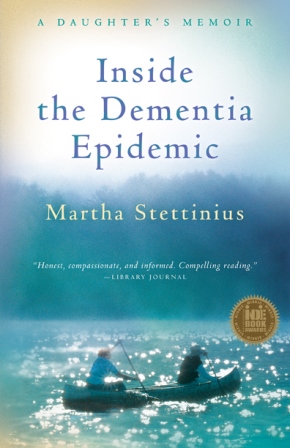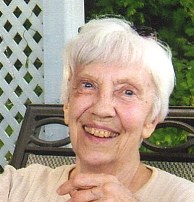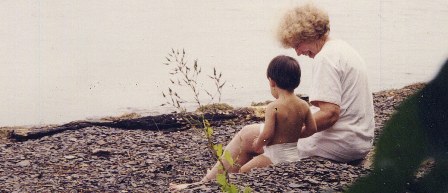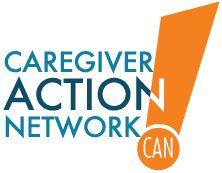Book Review: "I Care: A Handbook for Care Partners of People with Dementia"
 Friday, June 27, 2014 at 05:19PM
Friday, June 27, 2014 at 05:19PM  Have you heard of the term “care partner”? A new book describes why dementia caregivers often find it more fulfilling to think of themselves not as care “givers” but as care “partners.”
Have you heard of the term “care partner”? A new book describes why dementia caregivers often find it more fulfilling to think of themselves not as care “givers” but as care “partners.”
If you care for a person with Alzheimer’s disease or another dementia, I highly recommend a short but comprehensive new guide called “I Care: A Handbook for Care Partners of People with Dementia” (Balboa Press, 2014) by dementia care experts Jennifer Brush and Kerry Mills.
According to the authors, a care partner is someone who receives as well as gives care and affection. While care “giving” can seem one-sided (and never-ending), a care “partnership” is reciprocal and rewarding.
Are “Care Partnerships” Really Possible?
 Mom and me in her nursing home
Mom and me in her nursing home
When I first started caring for my mother, Judy, 10 years ago, I felt that all I was doing was giving—my time, energy, and patience—around the clock. I would have resisted the idea that my mother, who seemed much diminished with early-stage dementia, had anything to give back to me. For a while, I even thought of her as my third child (which I soon learned was not a great idea). I assumed that my job as caregiver meant doing things for Mom: running errands, taking her to the doctor and emergency room, making sure she had enough to eat and clean clothes to wear, paying her bills. But as a caregiver is quoted as saying in “I Care,” “to become a care partner, one first has to be present. This is far different from just being there.”
Read the rest of this post on caregivers.com.



























